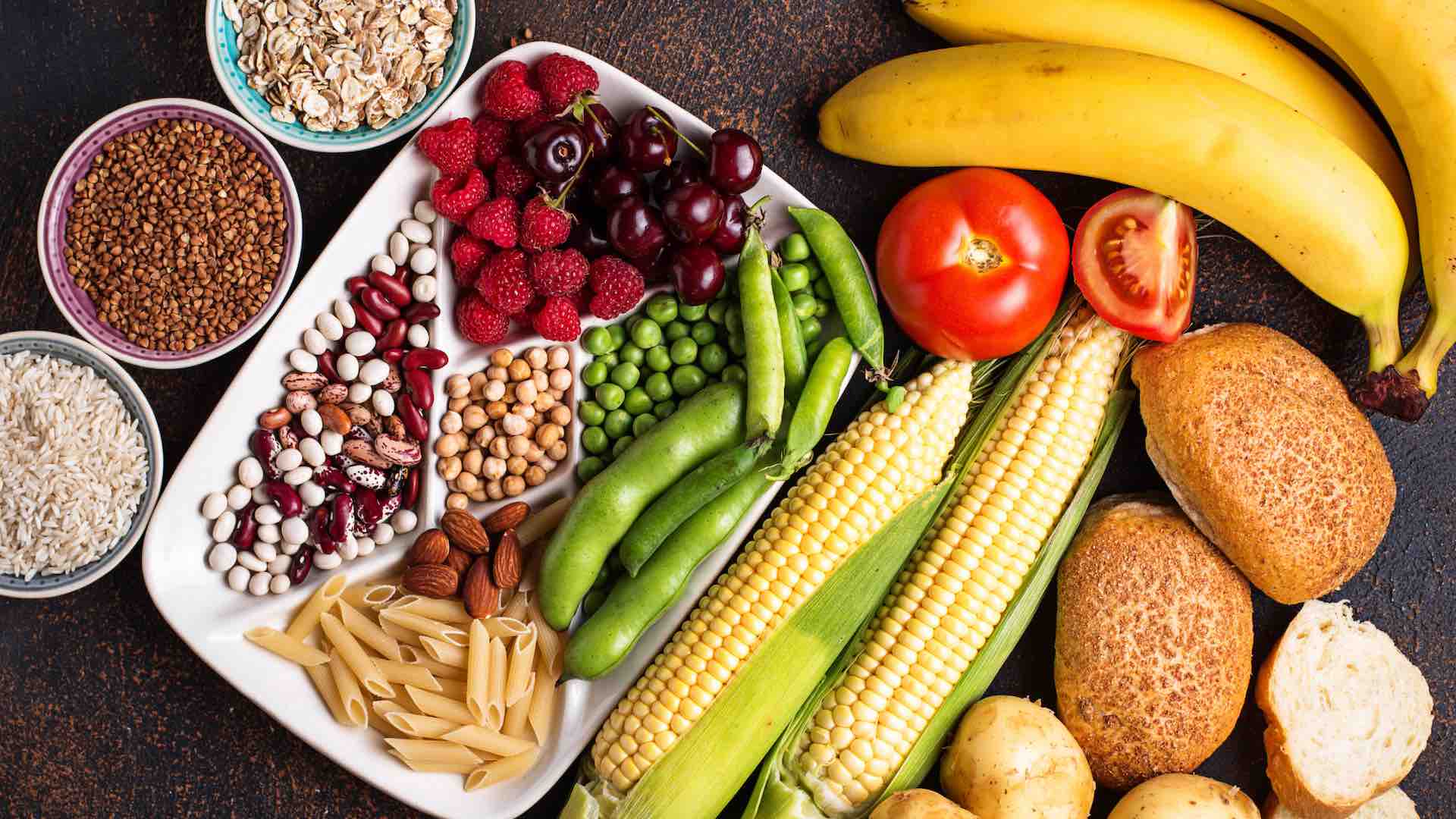How incorporating fiber-rich foods boosts holistic health
Incorporating fiber-rich foods into one’s daily diet is more than just a way to promote regular bowel movements. This undigested component found exclusively in plant foods has far-reaching health benefits, as explained by leading nutritionists. Dietary fiber, while primarily associated with aiding digestion, plays a more comprehensive role in maintaining health. From binding LDL cholesterol to nurturing gut microbiota and balancing blood sugar levels, fiber’s benefits are extensive. As Jaclyn Fodor, a renowned dietitian based in Boston, highlights, “It’s a crucial element of a balanced diet, particularly for maintaining gut health.”

According to Fodor, dietary fiber is categorized into soluble and insoluble types. Both are instrumental in digestion and overall well-being. While the former can lower cholesterol levels and stabilize blood sugar, the latter promotes regular bowel movements and supports gut health. Many associate fiber solely with digestion, but its influence extends much further. Christina Palmisano, a functional and integrative dietitian, emphasizes its significance in overall health. “It impacts weight management, feelings of satiety, and even the body’s immune system, with the gut being foundational to 70% of it,” she says.
The Mayo Clinic suggests men aim for 30 to 38 grams of fiber daily, while women should target 21 to 25 grams. However, for those new to high-fiber diets, Palmisano advises a gradual increase from 10-15 grams, eventually reaching the recommended 35 grams. She cautions against overconsumption, which could lead to gastrointestinal issues, especially without adequate hydration. Fiber’s role in easing constipation is pivotal. It aids in digestion by bulking up stools and promoting peristalsis, rhythmic contractions in the intestines. Dr. Joan Salge Blake, a nutrition professor at Boston University, likens a high-fiber diet to a “freight train for the GI tract,” reducing constipation likelihood.
While there are various fiber supplements and bars available, natural whole foods remain the best source. Palmisano recommends foods like nuts, dry roasted almonds paired with apples, or berries with nut butter. Foods high in fiber include raspberries, berries, beans, nuts, seeds, oatmeal, non-starchy vegetables, kiwi, lentils, avocados, whole grains, and potatoes. Touted as a “nutritious gem” by Fodor, raspberries offer eight grams of dietary fiber per cup. These berries are not only delicious but are also packed with disease-fighting properties and essential antioxidants.
